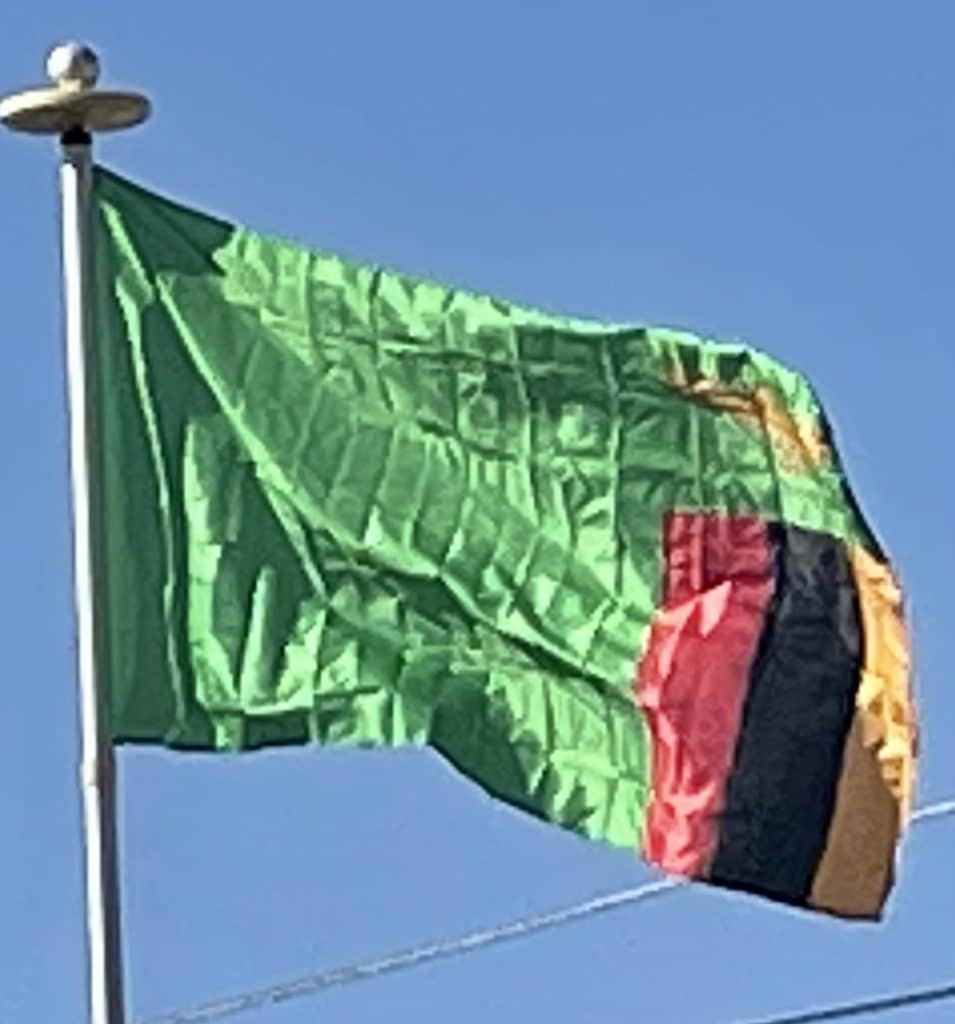Like their contemporaries in Maravi, Mutapa had problems with the arriving Portuguese traders. The peak of this uneasy relationship was reached when the Portuguese attempted to influence the kingdoms internal affairs by establishing markets in the kingdom and converting the population to Christianity. This action caused outrage by the Muslim WaSwahili living in the capital, this chaos gave the Portuguese the excuse they were searching for to warrant an attack on the kingdom and try to control its gold mines and ivory routes. This attack failed when the Portuguese succumbed to disease along the Zambezi river.
In the 1600s internal disputes and civil war began the decline of Mutapa. The weakened kingdom was finally conquered by the Portuguese and was eventually taken over by rival Shona states.
The Portuguese also had vast estates, known as Prazos, and they used slaves and ex-slaves as security guards and hunters. They trained the men in military tactics and gave them guns. These men became expert elephant hunters and were known as the Chikunda. After the decline of the Portuguese the Chikunda made their way to Zambia.
The Portuguese presence in the region was also a major reason for the founding of the Rozvi Empire, a breakaway state of Mutapa. The ruler of the Rozvi, Changamire Dombo, became one of the most powerful leaders in South-Central Africa’s history. Under his leadership, the Rozvi defeated the Portuguese and expelled them from their trading posts along the Zambezi river.
But perhaps the most notable instance of this increased militarization was the rise of the Zulu under the leadership of Shaka. Pressures from the English colonialists in the Cape and increased militarization of the Zulu resulted in the Mfecane (the crushing). The Zulu expanded by assimilating the women and children of tribes they defeated, if the men of these Nguni tribes escaped slaughter, they used the military tactics of the Zulu to attack other groups.
This caused mass displacements, wars and raids throughout Southern, Central and Eastern Africa as Nguni or Ngoni tribes made their way throughout the region and is referred to as the Mfecane. The arriving Nguni under the leadership of Zwagendaba crossed the Zambezi river moving northwards. The Ngoni were the final blow to the already weakened Maravi Empire. Many Nguni eventually settled around what is today Zambia, Malawi, Mozambique and Tanzania and assimilated into neighboring tribes.
In the western part of Zambia, another Southern African group of Sotho-Tswana heritage called the Kololo manage to conquer the local inhabitants who were migrants from the fallen Luba and Lunda states called the Luyana or Aluyi. The Luyana established the Barotse Kingdom on the floodplains of the Zambezi upon their arrival from Katanga. Under the Kololo, the Kololo language was imposed upon the Luyana until the Luyana revolted and overthrew the Kololo by this time the Luyana language was largely forgotten and a new hybrid language emerged, SiLozi and the Luyana began to refer to themselves as Lozi.
At the end of the 18th century, some of the Mbunda migrated to Barotseland, Mongu upon the migration of among others, the Ciyengele. The Aluyi and their leader, the Litunga Mulambwa, especially valued the Mbunda for their fighting ability.
By the late 19th century, most of the various peoples of Zambia were established in their current areas.

